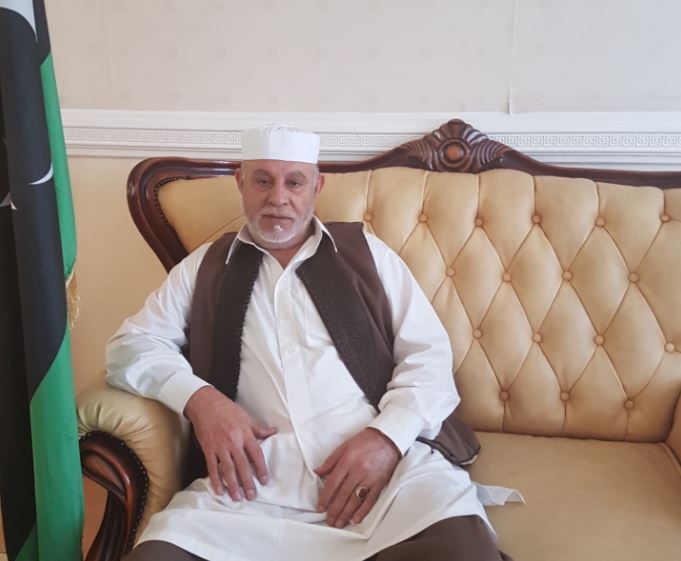
The Libyan embassy in Kenya has said that the Libyan people or government should not be unfairly blamed following media reports of migrants allegedly being sold as slaves in the country and instead called for international help to tackle the problem.
The embassy's Chargé d' Affaires Mr. Mabruk Daia has said that organised transnational criminal gangs have taken advantage of political instability and insecurity in Libya and its long and porous borders to run human trafficking and illegal immigration syndicates to Europe, leaving migrants vulnerable to abuse and exploitation at their hands.